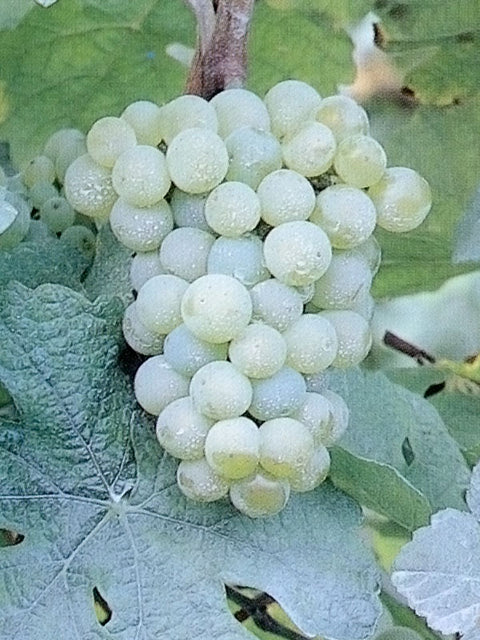
Manzoni White
White wine with very fine aromatic and gustatory characteristics,soft, intense and persistent, with great thickness. Ideal in combination withfirst courses with vegetables, risottos and fish dishes. Available exclusivelyin the cellar.
Manzoni Bianco , also known as Incrocio Manzoni 6.0.13 , is a native grape variety from the province of Treviso born from the cross between Pinot Bianco and Riesling Renano , created by Professor Luigi Manzoni in the 1930s at the Conegliano wine school.
It is a white wine with elegant aromatic and gustatory characteristics , obtained from grapes harvested in the first days of September and cultivated with the GDC system on medium-textured soils, rich in microelements and with a partly pebbly calcareous structure .
It is bright to the eye, offers a fine and intense bouquet on the nose, while on the palate it is soft, structured and persistent , with great balance.
Pairings: it elegantly accompanies first courses based on vegetables , risottos and fish dishes , enhancing their flavours with its finesse.
Serving temperature: 10-12°C
Alcohol content: approximately 12% vol.
Storage: Store in a cool place, between 12-16°C , away from light.
It is recommended to reduce the empty demijohns into smaller containers and immediately transfer the wine from the plastic containers into clean glass bottles .
After harvesting, the grapes are placed insteel vatsat controlled temperature of10-12°CFor12-36 hours, to promote the extraction of aromatic components.
Follows theseparation of the must from the skinsand thefermentation with selected yeaststo18°Cfor about15 days.
The wine then comesrefined for several months in steel tanksbefore the sale, keeping intactfreshness and intensity.

